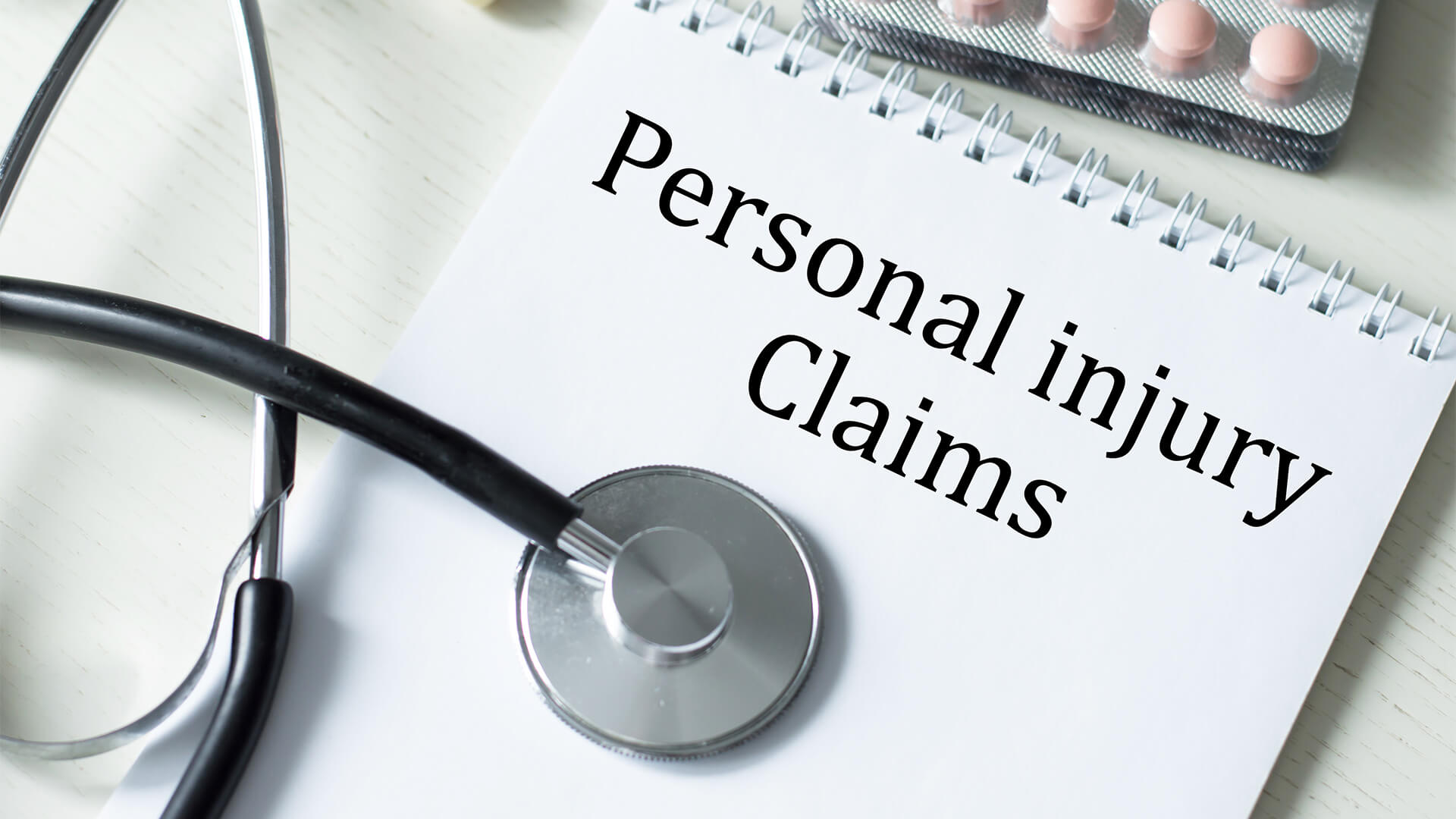- Resources
- Navigating the Aftermath: A Comprehensive Guide to Personal Injury Claims
Navigating the Aftermath: A Comprehensive Guide to Personal Injury Claims
August 25, 2024

Dealing with the aftermath of a personal injury can be overwhelming and confusing, especially for those who have never navigated the claims process before. This text is designed to provide consumers with a comprehensive understanding of the entire personal injury claims process, from the initial stages to the final settlement.
In layperson’s terms, Personal injury claims are claims filed when anyone experiences harm due to the irresponsibility or misconduct of another person, enterprise, or organization. The victim must remember the following things to ensure rightful compensation for injuries.
1. Seek Medical Attention: Remember to prioritize your well-being and health. Seek medical care promptly, even if the injuries seem minor. Keep records of all medical diagnoses, treatments, and expenses related to your injury. Prioritizing your health is essential because it ensures your well-being and documents your injuries, which is crucial information for your claim.
2. Preserve Evidence: Collect and retain all records of the accident and the events leading up to it. This includes photographs of the accident scene, statements from witnesses, police reports, medical records, and other relevant documentation. Building a strong personal injury claim requires gathering solid evidence.
3. Report the Incident: Please remember to notify the relevant officials or organizations, such as an insurance company, employer, police, or property owner, about the incident. Provide a detailed and straightforward account of what happened. Ensure you inform the appropriate authorities – the police, your employer (if it occurred at work), or both. This will help ensure that the incident is officially documented.
4. Consult an attorney: Contact an experienced personal injury attorney with similar cases. An attorney can evaluate the value of your claim, provide accurate legal advice, help you navigate the claims process, and guide you through the court system to ensure your rights are protected. A knowledgeable personal injury attorney will assess your situation, recommend the best course of action, and represent you in dealings with insurance companies.
5. File an Insurance Claim: If necessary, file a claim with your insurance provider or the responsible party’s insurer. Give them all the required information and supporting evidence. Personal injury claims are typically submitted to the at-fault party’s insurance provider. Your attorney will assist you throughout this legal process. Therefore, be ready to provide the insurance provider with any necessary details and evidence to support your claim.
6. Negotiate a Settlement: It is essential to consult with your attorney to ensure a fair agreement with the insurance provider. Your attorney can help you by exchanging settlement proposals and negotiating a settlement that adequately compensates you for your financial losses. It’s common for insurance companies to try to settle quickly for less than you deserve, so having a lawyer negotiate on your behalf can help ensure you receive appropriate compensation for your suffering. This compensation can include medical costs, lost earnings, pain, suffering, and the long-term impact of the injury on your life.
7. Consider Alternative Dispute Resolution: If the issues cannot be resolved in court, consider using other methods such as mediation or binding arbitration. The personal injury claim ends once a decision is made or an agreement to settle is reached. In addition to receiving compensation for your losses, the responsible party will be held accountable for their actions.
8. Litigation or Filing a Lawsuit (if necessary): If alternative dispute resolution or negotiations fail to lead to an adequate settlement, your attorney might recommend filing a lawsuit to recover losses in court. This involves charging the accountable party and arguing your case before a judge or court. The legal aspects of this procedure will be managed by your attorney, who will represent your interests in court by offering arguments and supporting documentation on your behalf, so you are free to focus on giving testimonies and interacting with the lawyers in your case.
9. Closure and seeking Compensation: Following a settlement or trial, please adhere to your lawyer’s advice and seek any required medical treatment. Once the lawsuit has been settled, ensure that all outstanding matters have been addressed. If the lawsuit is successful, you may receive compensation for various losses resulting from the accident, such as medical expenses, lost earnings, pain and suffering, and other related losses. Their related losses.
Conclusion:
Hiring competent attorneys for your personal injury claim is crucial to ensure the safety of records, interactions, and expenditures. They can help you achieve success and rightful compensation. Partnering with a qualified lawyer can help you manage the aftermath of personal injuries.
For professional handling of your injury case, you can contact The Allied Outsourcing. Their firm offers legal services to individuals and law firms worldwide. The Allied Outsourcing has extensive experience helping clients get the best results and maximum compensation. They are known for providing cost-effective, efficient, and reliable legal support, including paralegal services for personal injury claims.
All Categories
- Agile Legal Support (1)
- Case Law (88)
- Case Studies (6)
- Demand Letter (14)
- Deposition Summaries (11)
- Legal Outsourcing (3)
- Legal Research (72)
- Marketing (1)
- Medical Summaries (14)
- Others (4)
- Personal Injury (54)
- Virtual Assistant (59)
- Virtual Paralegal (2)
Related Blogs
Author
Lavina Mathias
Designation: Content Writer and Creator
Dedicated legal content writer specializing in the legal industry. Has a strong track record of producing high-quality content that effectively communicates complex legal concepts to…Reviewer
Ruchi Bhakhri Sharma
Designation: CEO
25 years of combination of serving as a lawyer in India and paralegal support to US lawyers. Led a diverse team of legal professionals, project…





